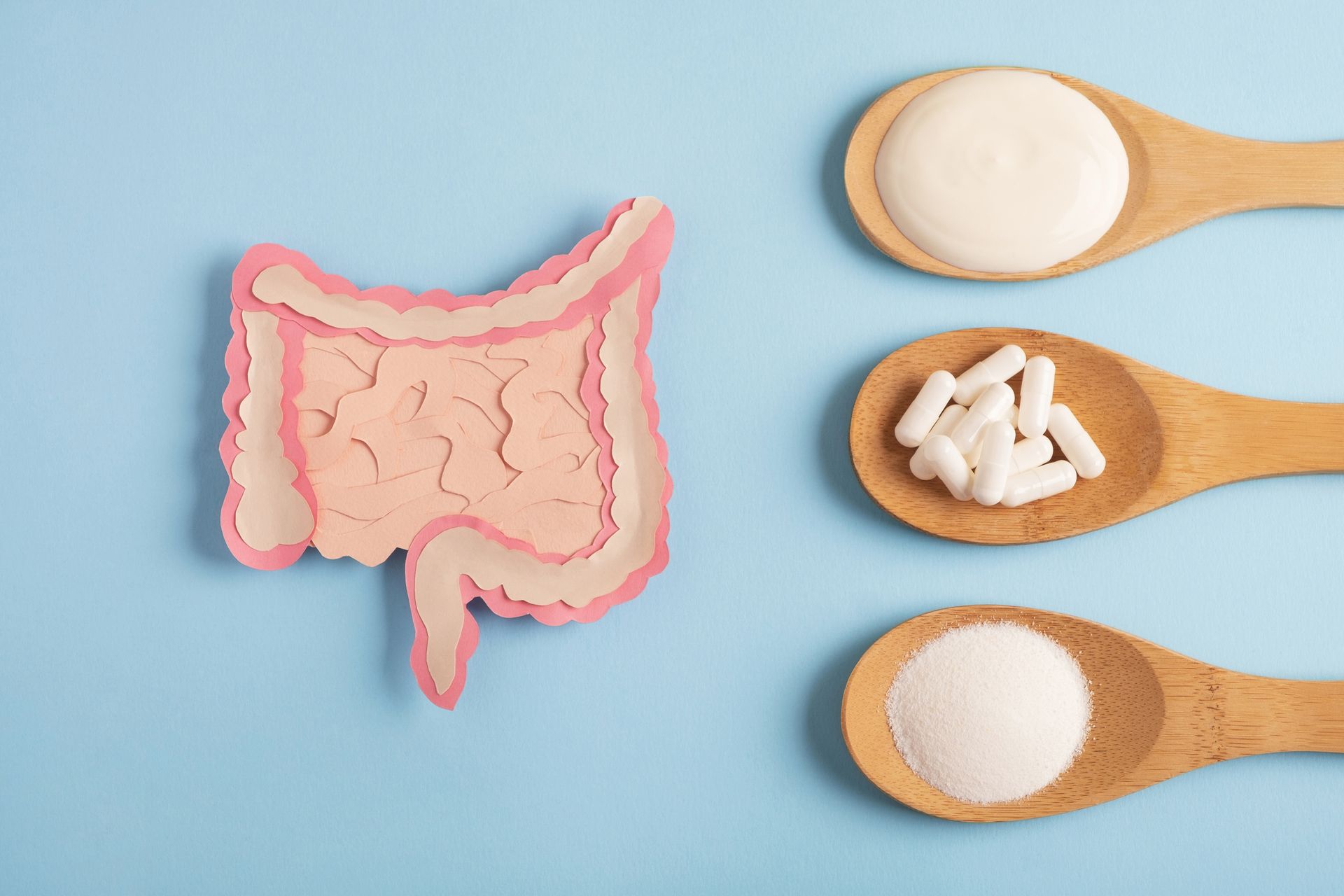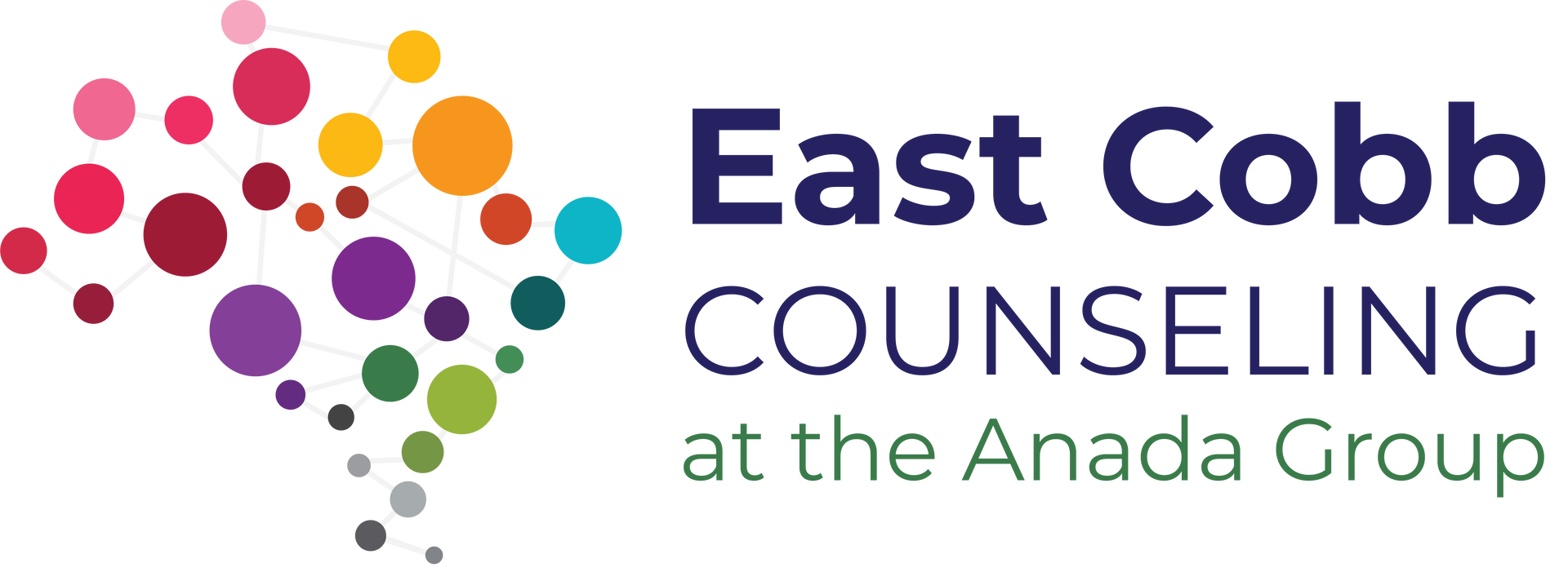Eat, Think, and Rewire: How Mental Health and Nutrition Can Help You Drink Less (or Not at All)

Author - Laurel Clayton-Seheult, PN2 Master Health Coach, April 30, 2025
By Someone Who’s Definitely Said "Just One" and Meant Three.
Let’s face it: breaking up with alcohol can feel a bit like ditching that charming but toxic ex—it seems fun at first, then crashes your serotonin, hijacks your energy, and somehow always leaves you ordering fries at midnight with your dignity in shambles.
But here’s the good news: reducing (or even quitting) alcohol doesn’t require living in a cave, meditating 12 hours a day, or swearing off fun. In fact, you can retrain your brain, boost your mental health, and literally feed your way to freedom. Welcome to the wonderful world of neuroplasticity, nutrition, and not ruining your Sundays anymore.
1. Your Brain Is Moldable. Like Cheese. But Better.
Neuroplasticity means your brain can literally rewire itself based on your choices. So if your current default is “Tuesday? Feels like tequila,” your brain’s just cruising down a well-worn neural path.
The fix? Start building new, alcohol-free routes with habits that feel good—like mocktails, meditation, memes, or burrito bowls. The more you choose the new road, the faster your brain says, “Hey… this works better.”
Behavior hack: Set tiny goals. “Let's drink that mocktail tonight” beats “I’ll never drink again and become a fitness influencer.” Small wins = big change.
2. Nourish to Flourish: What You Eat Affects What You Drink
Let’s talk nutrition, a.k.a. your secret weapon. Alcohol messes with your blood sugar, zaps your B-vitamins, and leaves your neurotransmitters sobbing in a corner. Meanwhile, a steady stream of protein, healthy fats, complex carbs, and leafy greens can balance your mood and energy—two major players in the “Why did I drink again?” game.
Here’s the kicker: cravings often come from nutrient deficiencies. That wine at 6 p.m.? Might be your brain crying for magnesium, not Merlot.
Try this:
- Swap that evening drink with a smoothie that’s heavy on berries (antioxidants), spinach (magnesium), and flaxseed (omega-3s)
- Add protein to meals to stabilize blood sugar
- Snack like you love yourself—because chips are not dinner
3. Mental Health Isn’t Optional, It’s Foundational
Alcohol is often a (sneaky) coping tool for anxiety, stress, or sadness—kind of like using duct tape to fix a leaky roof. Sure, it holds… until the storm.
The better route? Address the actual roof.
Therapy, journaling, breathwork, and movement help your nervous system chill out so you don’t need alcohol to do the job. Bonus: as your mental health improves, your desire to drink often fades without a fight.
Neuroplastic pro tip: Pair new mental health habits with rewards. After therapy, treat yourself to a nap, a walk, or an episode of White Lotus or The Middle. Your brain learns to crave the good stuff.
4. Make It a Game. Because Your Brain Likes Games.
Each time you skip a drink, give yourself a point. Ten points = a reward (no, not a margarita—think bubble bath, books, or dancing badly in your living room). This triggers dopamine, your brain’s “hey, I like this!” chemical. Before you know it, you’re rewiring your reward system and leveling up like a sober Jedi.
Name it: “Operation: Sober Curious” or “The Great Booze Break.” If it sounds fun, your brain is more likely to sign on.
Final Pour: You’re Not Broken—Your Brain Is Brilliant
Whether you want to drink less or ditch alcohol completely, it all starts with rewiring your brain, fueling your body, and caring for your mind. Over time, your default mode can shift from “Where’s the wine?” to “Wow, I feel… kind of amazing?”
And if you do decide to quit completely? You’re not “giving something up”—you’re just clearing space for better things. Like energy. Sleep. Clear skin. A savings account. Sundays you remember.
So here’s your invitation: one small habit, one kind meal, one intentional choice at a time. You’ve got a brain built to change—and a life worth showing up for.
Cheers (with Kombucha) my friends!
Because the best version of you? Doesn’t live at the bottom of a bottle. She’s out here, thriving—with snacks, serotonin, and zero hangovers.



